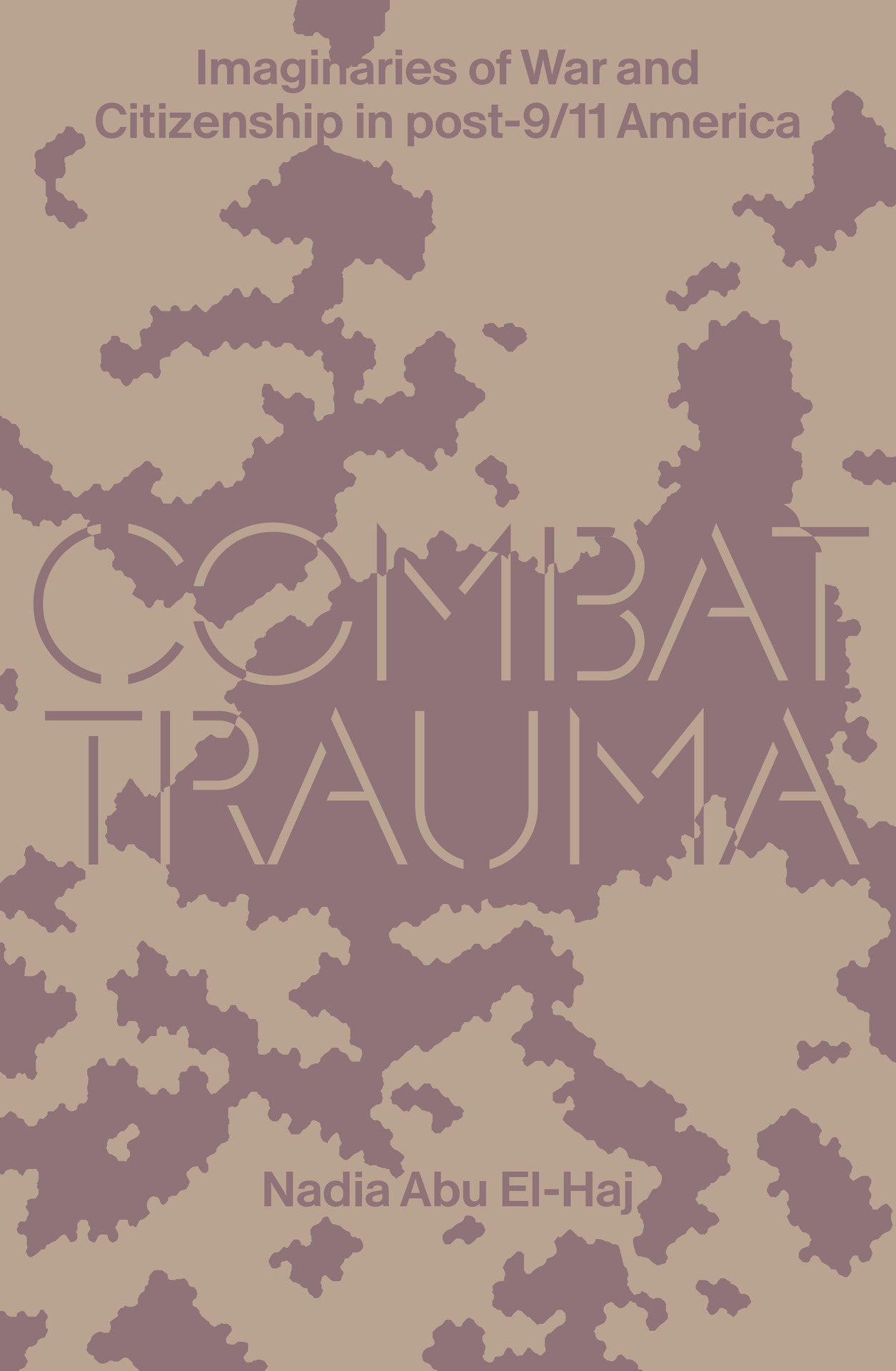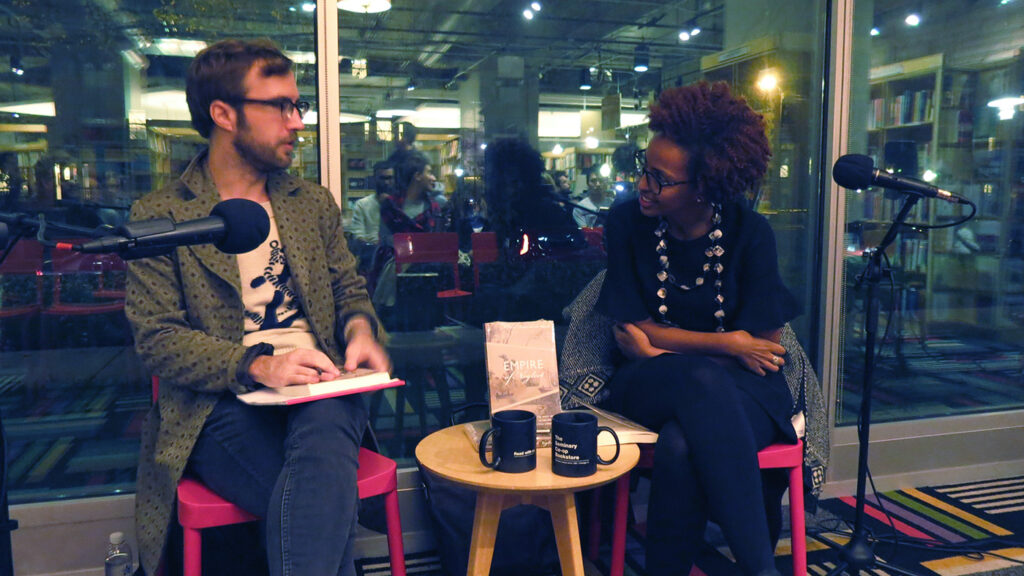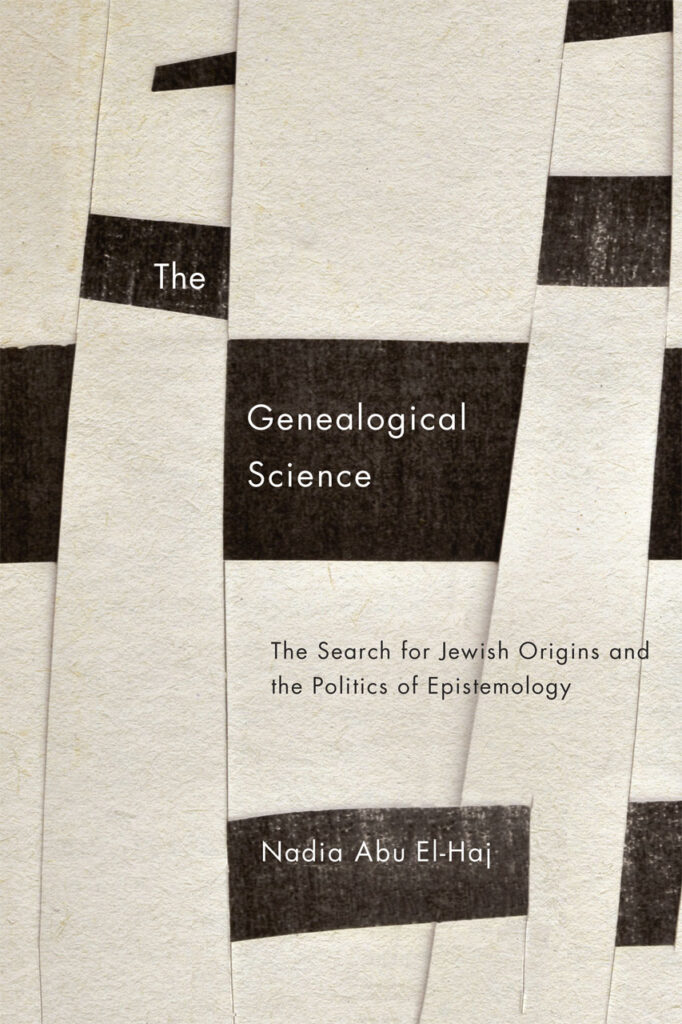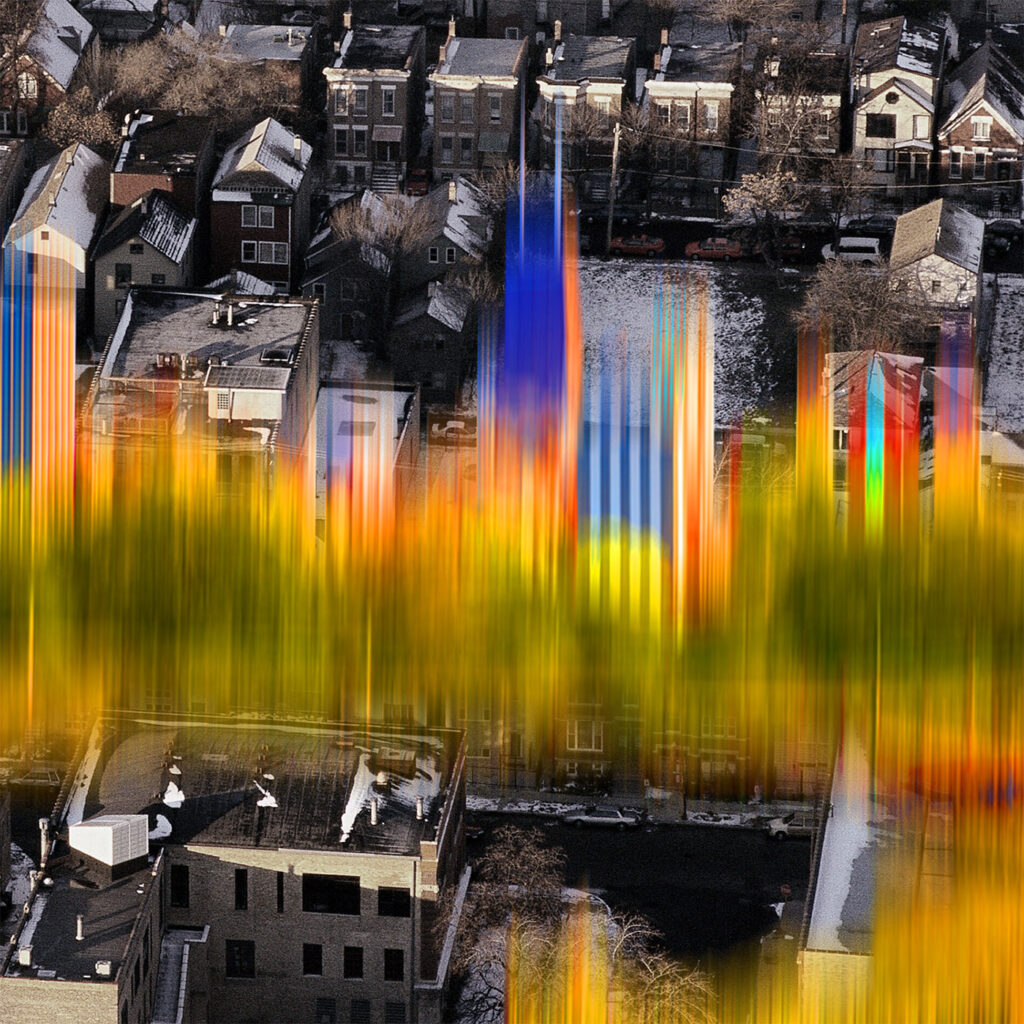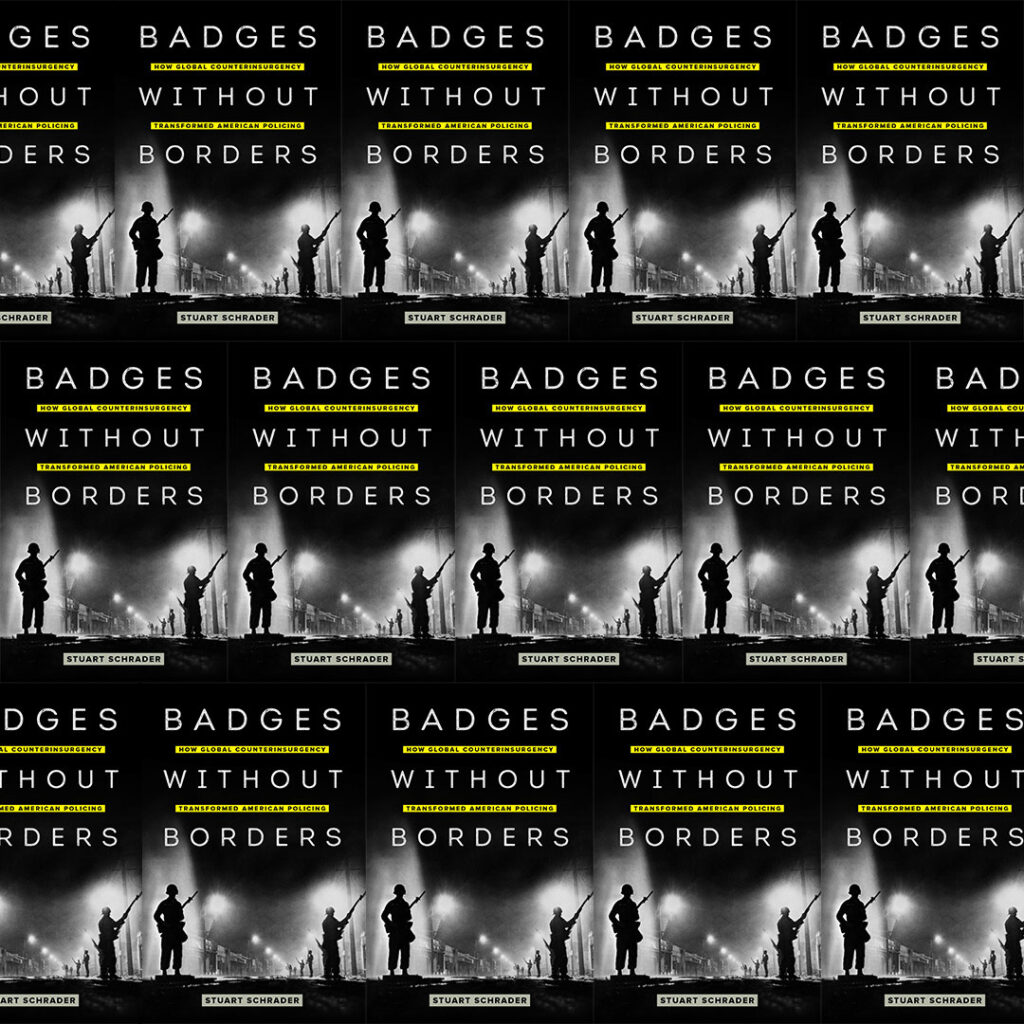Please join us to celebrate Nadia Abu El-Haj’s recent book, Combat Trauma: Imaginaries of War and Citizenship in post-9/11 America (Verso, 2022). Abu El-Haj will be joined in conversation by 3CT fellow Julian Go.
Americans have long been asked to support the troops and care for veterans’ psychological wounds. Who, though, does this injunction serve?
As acclaimed scholar Nadia Abu El-Haj argues here, in the American public’s imagination, the traumatized soldier stands in for destructive wars abroad, with decisive ramifications in the post-9/11 era. Across the political spectrum the language of soldier trauma is used to discuss American warfare, producing a narrative in which traumatized soldiers are the only acknowledged casualties of war, while those killed by American firepower are largely sidelined and forgotten.
In this wide-ranging and fascinating study of the meshing of medicine, science, and politics, Abu El-Haj explores the concept of post-traumatic stress disorder and the history of its medical diagnosis. While antiwar Vietnam War veterans sought to address their psychological pain even as they maintained full awareness of their guilt and responsibility for perpetrating atrocities on the killing fields of Vietnam, by the 1980s, a peculiar convergence of feminist activism against sexual violence and Reagan’s right-wing “war on crime” transformed the idea of PTSD into a condition of victimhood. In so doing, the meaning of Vietnam veterans’ trauma would also shift, moving away from a political space of reckoning with guilt and complicity to one that cast them as blameless victims of a hostile public upon their return home. This is how, in the post-9/11 era of the Wars on Terror, the injunction to “support our troops,” came to both sustain US militarism and also shields American civilians from the reality of wars fought ostensibly in their name.
In this compelling and crucial account, Nadia Abu El-Haj challenges us to think anew about the devastations of the post-9/11 era.
Nadia Abu El-Haj is Professor of Anthropology at Barnard College. Concerned most generally with the relationships among scientific practices, social imaginaries and political regimes, Abu El-Haj has examined the work of specific historical sciences within the context of their own historical and disciplinary conditions of possibility. In turn, I have sought to understand how the epistemological commitments and empirical facts (and “things”) presupposed and generated by those disciplines have shaped the historical and political “common-sense” of a settler-nation, the racial imaginary of a national-/diasporic politics, and particular understandings and practices of the self. She is the author of Combat Trauma: Imaginaries of War and Citizenship in post-9/11 America (Verso, 2022), The Genealogical Science: The Search for Jewish Origins and the Politics of Epistemology (University of Chicago Press, 2012), and Facts on the Ground: Archaeological Practice and Territorial Self-Fashioning in Israeli Society (University of Chicago Press, 2001).
Julian Go is a Professor of Sociology at the University of Chicago. His research explores the social logics, forms and impact of empires and colonialism; postcolonial/decolonial thought and related questions of social theory, epistemology, and knowledge; and global historical sociology. Much of Go’s work has focused on the US empire, resulting in his sole-authored books: American Empire and the Politics of Meaning (Duke University Press, 2008), Patterns of Empire: the British and American Empires, 1688 to the Present (Cambridge University Press, 2011), and Policing Empires: Militarization and Race in Britain and America, 1829-present (Oxford, 2023) which explores imperialism’s impact upon police militarization in the US and Britain.
This event is free and open to the public, and registration is recommended. Please email us at ccct@uchicago.edu if you require any accommodations to enable your full participation.
